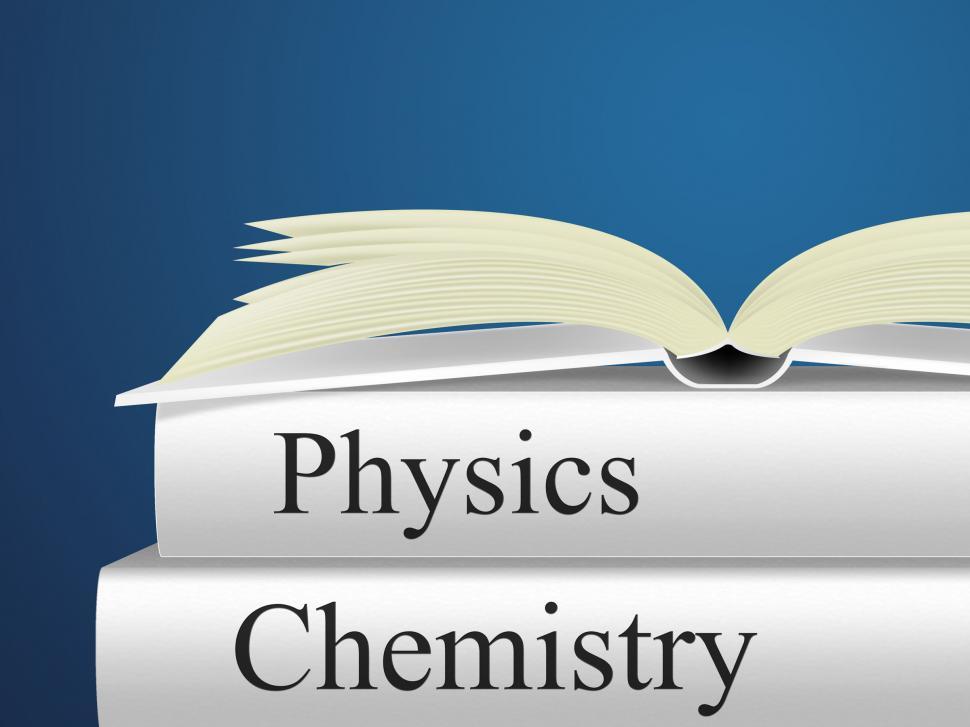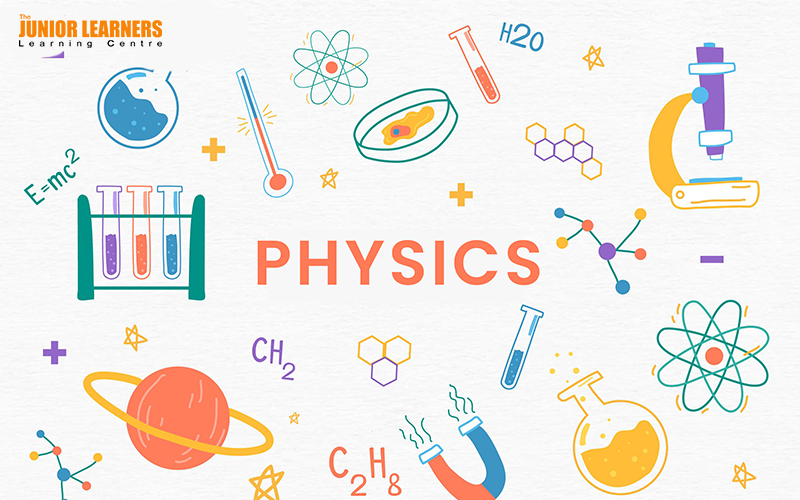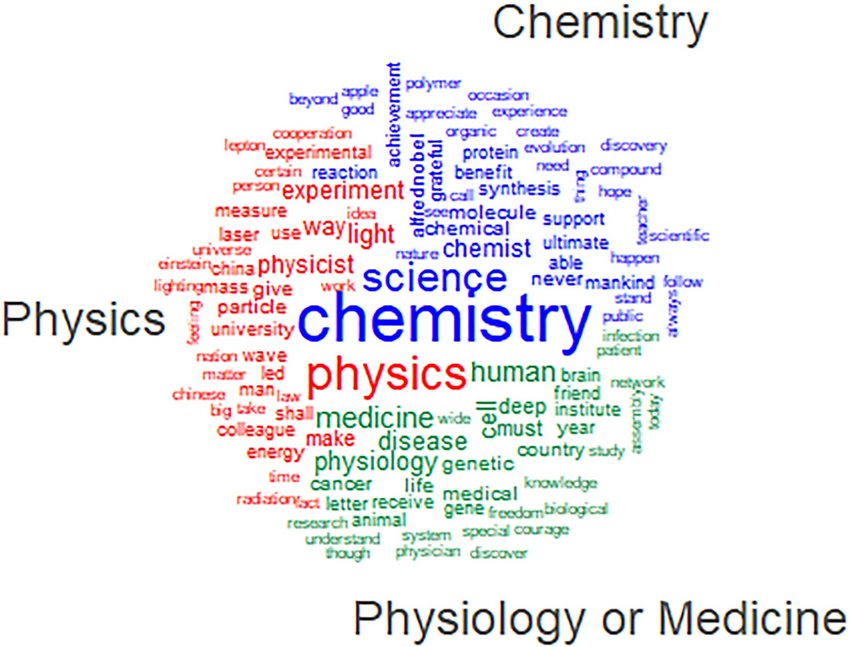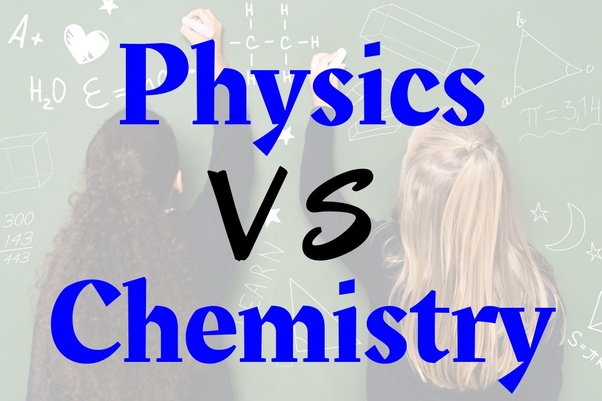Determining whether physics is harder than chemistry is subjective and depends on individual preferences and strengths. Physics often involves complex mathematical concepts and abstract theories, such as quantum mechanics and relativity, which can be challenging for some students.
On the other hand, chemistry focuses more on understanding the composition and interactions of substances, which may be easier for those with a visual or conceptual learning style.
Additionally, factors like the quality of teaching, personal interest, and access to resources play significant roles in perceived difficulty. Ultimately, both subjects have their unique challenges and rewards, and the difficulty level varies from person to person.
Understanding physics

It involves grasping the fundamental principles governing the natural world. This includes Newton’s laws of motion, which describe how objects move under the influence of forces, thermodynamics, which deals with heat transfer and energy conservation, and electromagnetism, which encompasses the interplay between electric and magnetic fields.
Physics often requires a strong foundation in mathematics, including calculus for analyzing rates of change and differential equations for modeling dynamic systems. Problem-solving in physics can be complex, often requiring the application of advanced mathematical techniques to solve real-world problems.
Conceptually, physics can be challenging due to abstract concepts like quantum mechanics and relativity. These theories describe the behavior of particles at the smallest scales and the nature of space and time, respectively. Visualizing phenomena such as atomic and subatomic structures or the curvature of space-time can be difficult.
Experimental aspects are also crucial in physics, involving designing and conducting experiments to test theoretical predictions and collecting data to validate models. Observational astronomy is another significant aspect, where telescopes and observatories are used to observe celestial objects and phenomena, helping to refine our understanding of the universe.
Physics is inherently interdisciplinary, with connections to engineering, chemistry, biology, and other fields. For instance, physics principles underpin many engineering applications, from designing bridges to developing electronic devices. Similarly, physics provides insights into chemical reactions and molecular interactions, as well as understanding biological processes through biophysics.
Contemporary challenges in physics include unifying fundamental forces and understanding phenomena like dark matter and dark energy. Recent advancements, such as the detection of gravitational waves and progress in quantum computing, highlight the ongoing excitement and progress in the field.
Understanding chemistry

It is like understanding how Lego blocks fit together to build cool structures. It is all about figuring out what stuff is made of, how it behaves, and how it changes.
In chemistry, we start by looking at tiny building blocks called atoms and molecules. Atoms are like the smallest puzzle pieces, and they join together to form molecules, which are like bigger puzzles. These molecules can be different substances with their own unique properties.
One important thing in it is the periodic table of elements. It’s like a big map that shows all the different types of atoms we know about. This helps us understand how different elements behave and how they interact with each other.
Chemical reactions are a big deal in chemistry. They’re like when you mix colors to make new ones or bake a cake from different ingredients. Chemical reactions change one thing into another by breaking and forming new connections between atoms. There are lots of different types of reactions, like mixing acids and bases or burning things.
It also looks at how energy and speed play a role in reactions. Imagine playing with toys and how fast or slow you can build something. That’s kind of like what thermodynamics and kinetics are about in it. They help us understand how reactions work and how fast they happen.
Another important part of it is figuring out what stuff is made of. This is where analytical chemistry comes in. It’s like being a detective and using special tools to find out what’s in a mixture or how pure something is.
Lastly, there’s organic chemistry, which is like the study of the cool stuff that’s made of carbon. Carbon is super important because it’s in lots of things we use every day, like medicines, plastics, and even living things. It helps us understand how these things are made and how they react to each other.
Factors Affecting Difficulty
The perceived difficulty of physics can be influenced by several factors:
Individual Learning Styles and Background
People with a strong mathematical aptitude may find physics easier due to its heavy reliance on mathematical principles. However, individuals with a more visual or conceptual learning style might struggle with abstract concepts like quantum mechanics or relativity.
Quality of Teaching and Resources
Effective teaching plays a pivotal role in shaping students’ understanding and perception of physics. A skilled instructor can employ various pedagogical strategies to make complex concepts more accessible and engaging. This includes using analogies, demonstrations, and multimedia resources to illustrate abstract principles in tangible ways.
Moreover, providing clear explanations, offering ample opportunities for practice and feedback, and encouraging active participation can enhance student learning and confidence in tackling physics problems.
Access to high-quality educational resources, such as textbooks, online tutorials, interactive simulations, and laboratory equipment, is also essential. Well-designed resources not only complement classroom instruction but also allow students to explore concepts independently and reinforce their understanding through hands-on experimentation and exploration.
Personal Interests and Motivation
Students who have a genuine interest in the subject matter and are motivated to learn are more likely to overcome challenges and persist in their studies. Conversely, a lack of interest or motivation can make physics seem more difficult and daunting.
Cultural and Societal Perceptions
Cultural attitudes towards STEM subjects, including physics, can influence how individuals perceive their own abilities and the difficulty of the subject. Societal stereotypes and biases may also play a role in shaping students’ confidence and self-efficacy in physics.
Access to Support and Resources
Students’ access to support systems and resources can significantly impact their ability to navigate the challenges of learning physics. Tutoring services, study groups, and peer mentoring programs can provide valuable academic support and guidance, especially for students who may struggle with certain concepts or need extra help with problem-solving.
Additionally, online resources, such as instructional videos, interactive tutorials, and discussion forums, offer flexible and accessible learning options outside the classroom.
However, disparities in access to support and resources can exist, particularly among marginalized or underserved populations. Addressing these disparities requires proactive efforts to ensure equitable access to educational support services and resources, as well as targeted interventions to support students facing systemic barriers to success in physics.
By prioritizing inclusivity and providing tailored support, educators can help all students reach their full potential in mastering the complexities of physics.
Previous Exposure and Background Knowledge
Prior exposure to related subjects like mathematics or chemistry can facilitate an understanding of physics by providing a foundation for concepts and principles. Conversely, gaps in prerequisite knowledge may increase the perceived difficulty of certain topics.
Perception of Relevance and Application
Students may find physics more engaging and manageable if they can see its real-world applications and relevance to their lives and future careers. Making connections between theoretical concepts and practical applications can enhance understanding and motivation.
Pros and Cons of Studying Physics

Studying physics can be both rewarding and challenging. Here are some pros and cons:
Pros
Develops valuable skills: Physics builds strong problem-solving, analytical, and critical thinking skills. These are highly sought after in many fields.
Broad applicability: Physics is the foundation for many other STEM fields like engineering, computer science, and even some areas of medicine.
Unlocks the universe: Physics allows you to understand the fundamental laws that govern the universe, from the smallest particles to the vast cosmos.
Opens career doors: A physics degree qualifies you for various careers in research, academia, engineering, data analysis, and more.
High earning potential: Physicists often have strong earning potential, especially in specialized fields.
Cons
Challenging coursework: Physics can be a demanding subject with heavy reliance on math and complex concepts.
Time commitment: Studying physics requires dedication and significant time investment for mastering the material.
Cost of education: Earning a physics degree, especially with advanced studies, can be expensive.
Limited job options specifically in physics: While physics opens doors to many careers, some positions directly titled “physicist” might be competitive.
Abstract concepts: Physics deals with concepts that may not have immediate, tangible applications, which can be discouraging for some students.
Pros and Cons of Studying Chemistry
Here are some pros and cons of studying chemistry:
Pros
Applicable Everywhere: Chemistry underpins many aspects of the world around us, from materials science and medicine to food science and environmental issues. Understanding chemistry offers a deeper perspective on various fields.
Problem-Solving Skills: Chemistry emphasizes critical thinking and problem-solving through analyzing reactions, balancing equations, and applying logic to experiments. These skills are highly sought after in many careers.
Transferable Skills: Studying chemistry develops valuable research, analytical, and quantitative reasoning skills that are transferable to various professions, even outside science.
Lucrative Career Paths: Chemists have a good job outlook with competitive salaries. There’s a high demand for skilled chemists in various industries, including pharmaceuticals, material science, and energy.
Constant Discovery: Chemistry is a dynamic field with ongoing research and discoveries. Studying chemistry allows you to be part of this exciting journey of scientific exploration.
Cons
Math Intensive: Chemistry builds upon a strong foundation in math. Understanding concepts like algebra and trigonometry is crucial for solving equations and interpreting data. Students struggling with math might find chemistry challenging.
Abstract Concepts: Some chemical concepts, such as quantum mechanics and atomic structure, can be abstract and difficult to grasp. Mastering these concepts requires strong visualization and problem-solving skills.
Safety Concerns: Laboratory work is an essential part of chemistry. Working with chemicals requires strict adherence to safety protocols, which can be demanding and raise concerns for some students.
Potentially Repetitive: While there’s ongoing discovery, some aspects of introductory chemistry can feel repetitive, involving balancing equations and memorizing element properties.
Time Commitment: Laboratory experiments and problem sets can be time-consuming. Succeeding in chemistry often requires a significant time investment and dedicated practice.
FAQ’s
Is physics the hardest science?
Physics is often regarded as one of the most challenging science majors due to its complex mathematical nature and abstract concepts. However, the perception of difficulty can vary among individuals and other sciences like chemistry and biology may pose similar challenges depending on personal strengths and interests.
Final Words
Whether physics is harder than chemistry depends on individual perspectives and strengths. While physics may be challenging due to its mathematical aspects and abstract concepts, chemistry offers its own complexities in understanding the behavior of substances.
Both subjects have unique rewards and difficulties, and the perception of difficulty varies from person to person. What’s most important is finding enjoyment and fulfillment in learning and exploring the wonders of science, regardless of the subject’s perceived difficulty.
So, whether it’s unraveling the mysteries of the universe or understanding the intricacies of chemical reactions, every journey in science is worth embracing.
